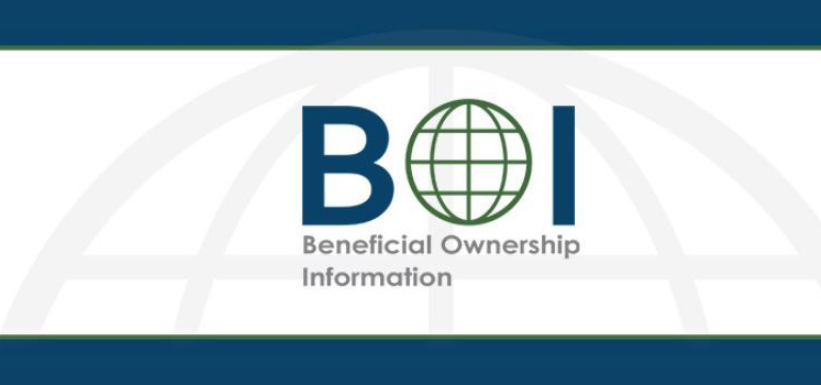
Demystifying Bank Reconciliation: A Crucial Practice for Financial Health
In the realm of finance, meticulousness is paramount. Every penny must be accounted for, every transaction tracked. This precision is not just a matter of good practice; it’s a necessity for ensuring the financial health and integrity of any business. Among the many tools and practices employed in financial management, bank reconciliation stands out as a cornerstone process, offering clarity and transparency in the often complex world of accounting.
Understanding Bank Reconciliation
At its core, bank reconciliation is a process that compares the financial records of a business with those of its bank. It serves to ensure that the two sets of records accurately reflect the same financial transactions. While the concept might sound straightforward, the devil, as they say, is in the details.
The Process Unveiled
Bank reconciliation typically begins with gathering two key documents: the company’s accounting records, including its general ledger and cash account, and the bank statement from the financial institution. Comparing these records reveals any discrepancies between the company’s financial records and the bank’s records.
Unraveling Discrepancies
Identifying discrepancies is where the real work begins. These differences can stem from various sources, including outstanding checks, deposits in transit, bank fees, interest earned, or errors in recording transactions. Each must be carefully scrutinized to ensure accurate reconciliation.
Bridging the Gap
Once discrepancies are identified, adjustments must be made to reconcile the two sets of records. For example, if there are outstanding checks, their total must be deducted from the company’s cash account balance. Similarly, deposits in transit should be added to the cash account balance. These adjustments aim to bring the balances in line and ensure a clear financial picture.
Importance and Benefits
Bank reconciliation is not merely a box to tick in the financial management checklist. Its significance lies in the insights it provides and the benefits it offers:
Accuracy: By reconciling accounts, businesses ensure the accuracy of their financial records, minimizing the risk of errors or discrepancies.
Transparency: Reconciliation offers transparency, allowing businesses to track every transaction and identify any irregularities promptly.
Financial Health: A clear understanding of cash flow and financial standing is vital for making informed decisions. Bank reconciliation provides this clarity, empowering businesses to make strategic choices with confidence.
Compliance: For businesses subject to regulatory requirements, bank reconciliation is often a mandatory practice, ensuring compliance with financial reporting standards.
Best Practices for Effective Reconciliation
While bank reconciliation is indispensable, it can be time-consuming and complex. Employing best practices can streamline the process and enhance its effectiveness:
Regular Reconciliation: Perform bank reconciliation on a regular basis, preferably monthly, to promptly identify and resolve discrepancies.
Documentation: Maintain meticulous documentation of all financial transactions, facilitating accurate reconciliation.
Automation: Leverage accounting software and automation tools to streamline reconciliation processes and minimize manual errors.
Thorough Review: Conduct a thorough review of reconciliation results, ensuring accuracy and completeness before finalizing adjustments.
In the intricate tapestry of financial management, bank reconciliation stands as a beacon of clarity and precision. By reconciling accounts, businesses not only ensure the accuracy of their financial records but also gain invaluable insights into their financial health and performance. Embracing bank reconciliation as a fundamental practice is not just about compliance; it’s about fostering transparency, accountability, and sound financial management practices that pave the way for long-term success.
Venning
At Venning, we pride ourselves on delivering top-tier financial solutions tailored to meet the unique needs of our clients. With a commitment to integrity, precision, and innovation, we strive to exceed expectations and empower our clients to achieve their financial goals.
Our team of seasoned professionals brings a wealth of experience and expertise to every engagement. Whether you’re a small business owner, an entrepreneur, or an individual seeking personal financial guidance, Venning is dedicated to providing you with the personalized attention and comprehensive support you deserve.
With a focus on building long-lasting relationships, we prioritize clear communication and transparent processes. We believe that collaboration is key to success, and we work closely with our clients to develop strategic solutions that drive growth and prosperity.
Whatever industry you are in, whether it be construction, pharmaceutical, retail, restaurants, legal firms, consulting agencies, healthcare, cannabis, real estate, software, hotels, resorts, banks, credit unions, and/or investment firms, Venning CPA can help with our expertise of Bridging Finance.
At Venning, we understand that navigating the complexities of finance can be daunting. That’s why we’re here to simplify the process, offering clear guidance and actionable insights every step of the way. Whether you need assistance with tax planning, accounting, auditing, or financial consulting, Venning is here to help you navigate the road to financial success.
Discover the difference that personalized service and unwavering dedication can make. Choose Venning for all your accounting needs, and let us help you unlock your full financial potential.
About the Author
Rishi Gautam, CPA holds a BBA in Accounting from the University of Miami and a Master’s Degree in Accounting from Florida International University College of Business Administration. Co-Founder & Director of Venning CPA.





